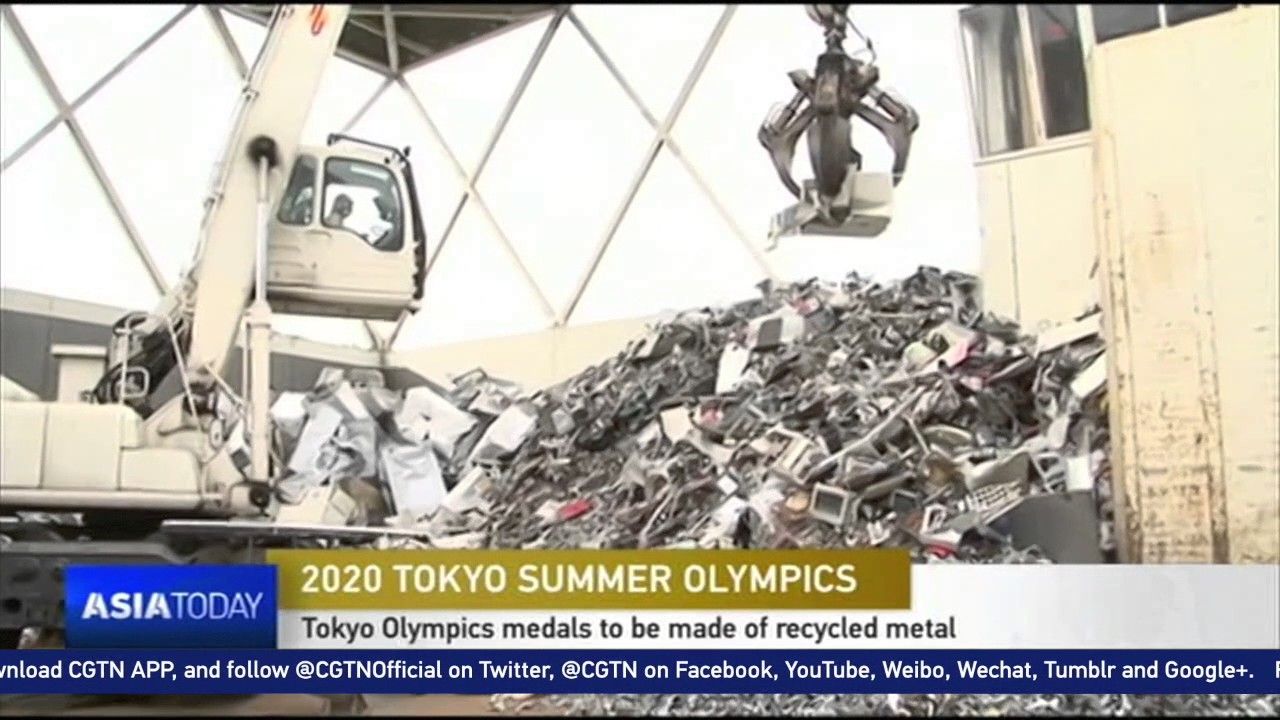Preparations for the 2020 Tokyo Olympics have kicked into full gear, with the world’s biggest quadrennial sports event just three years away.
One of the biggest challenges facing any host city for the Olympics is how to make the event sustainable. For Tokyo, organizers are trying to come up with new ways to make the games sustainable, through such projects as recycling metals from discarded cellphones into the medals awarded to Olympic athletes.
The Tokyo 2020 Organizing Committee in April started a project to collect old mobile phones and small electronics from across the country. Scrapped electronics products are “urban mines” treasured for their rare metals, but Tokyo is the first Olympic host city ever to try to make use of these recycled materials. The project is off to a good start, with 500,000 cellphones already collected through NTT Docomo, which has supported it.
But some experts say more needs to be done.
“The medal project is popular, but there are other things we must work on,” Hiroshi Komiyama, a former president of the University of Tokyo who heads the Urban Planning and Sustainability Commission, a panel of experts under the organizing committee, told a meeting July 13. “At least some competition venues should be built from recycled steel, aluminium and wood.”
Komiyama added that the International Olympic Committee is looking forward to different approaches to achieve sustainability, noting the Tokyo Games should showcase a “21st-century approach to a sustainable future society.”
The organizing committee has already decided to power the Olympic Village with hydrogen, which is cleaner than traditional sources of power, and plans to use fuel-cell cars powered by hydrogen. Projects are underway to reduce waste from food to be served in the Olympic village and recycle dinnerware and wooden interior materials.
In addition, reduction of the hosting cost, which is estimated at ¥1.385 trillion currently, is a major challenge, not only for Japanese taxpayers but also for the Olympic movement. A series of cities withdrew their bids for the 2024 Summer Olympics, including the German city of Hamburg, Rome and Budapest, due mostly to financial concerns.
International Olympic Committee Vice President John Coates recently urged Tokyo to save more money for hosting the Olympics, saying doing so is important not only for Japan but also for the IOC.
Meanwhile, the IOC is working hard to attract younger people, who are not as interested in sports as older generations. But these efforts could go against the competing goals of cost-cutting.








